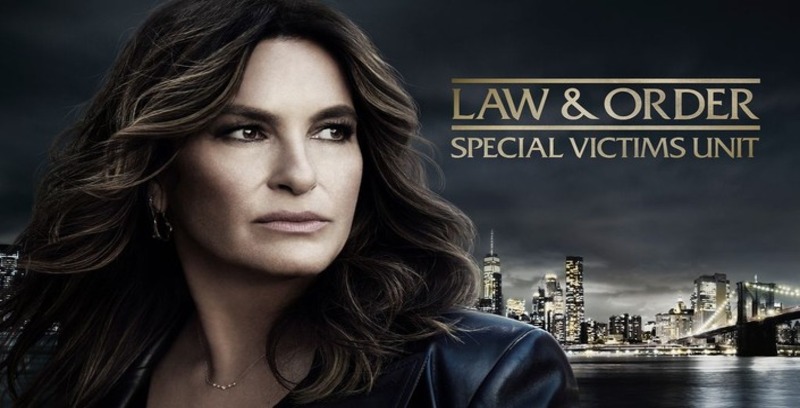I wrote above that this episode benefited from a more focused narrative, but that can be said for most episodes of television. Even shows with the most sprawling of stories are at their best when they choose to centre an episode primarily around one storyline, with a B and C plot sprinkled in. But as television has grown increasingly serialised and cinematic, the art of the episode has begun to disappear. But this is a conversation for another (much longer) piece.
The choice to build this episode almost entirely around Suggs' kidnapping of Joni and Mac's desperate attempts to save her was brilliant. Not only did it provide a welcome departure from the sprawling, meandering first two episodes, but watching Joni's time as a captive as well as her brutal escape made her an infinitely more likeable and watchable character.
When watching this episode, what struck me the most about it was just how traditional an episode it was. Obviously, the direction was far more sophisticated and showy than what is usually seen on television, but from a plot perspective this episode was built around a storytelling device used commonly on TV: the protagonist's loved one is put in danger due to the consequences of his/her actions. But, as to my earlier point, sometimes tradition is a good thing, because this episode was effective.
Quarry is not the only show to employ this tactic. In the first season of Mr Robot, another very visually unique and ambitious show, there was an episode that took a step back from the series' more bizarre tendencies to focus on the protagonist executing a prison break to save the life of his girlfriend. Those that watch Mr Robot know that this episode is far more "normal" than any other episode, but it's also one of its best.
But, as I mentioned, Greg Yaitanes' direction really stood out, once again. He used a lot of long, uninterrupted takes throughout the episode, most notably when Mac returns home to discover that Joni's been taken, and when Joni decides to make her escape, with Yaitanes' camera capturing every brutal detail of her fight with Suggs.
But as much as I appreciated this episode's focus, Joni's kidnapping was hardly the highlight of the episode, as we were introduced to Buddy's mother, played by the always incredible Ann Dowd (insert mandatory recommendation to watch The Leftovers here). The dynamic between her and Damon Herriman's Buddy is instantly fascinating, and makes Buddy an even more interesting figure. His desire to get out of the business is hardly an uncommon storytelling device in crime fiction, but I look forward to seeing how it plays out nonetheless.
We also learn that Moses (Mustafa Shakir), the man who searched Ruth's house last week, is a musician who also does the odd job for The Broker, and searched Ruth's house on his orders, looking for Arthur's $30,000. There's also some minor advancement on the cop side of things, as Cliff's death is officially ruled as an accident, much to the chagrin of Detective Olsen. We also got to spend a little more time with The Broker's right-hand man Karl (Edoardo Ballerini) through his interactions with Mac.
This episode, with the exception of the direction, was hardly groundbreaking TV, but as this series is progressing it's further embracing its crime drama aspects and behaving more and more like a TV show. At times the show still comes across as a little bit pretentious in its quieter moments, but such instances are becoming less and less common.
Grade: B+
Quarry - A Mouthful of Splinters - Review: "The show benefits from a more focused narrative."
Sign Up for the SpoilerTV Newsletter where we talk all things TV!
Recommendations
Subscribe to:
Post Comments (Atom)













